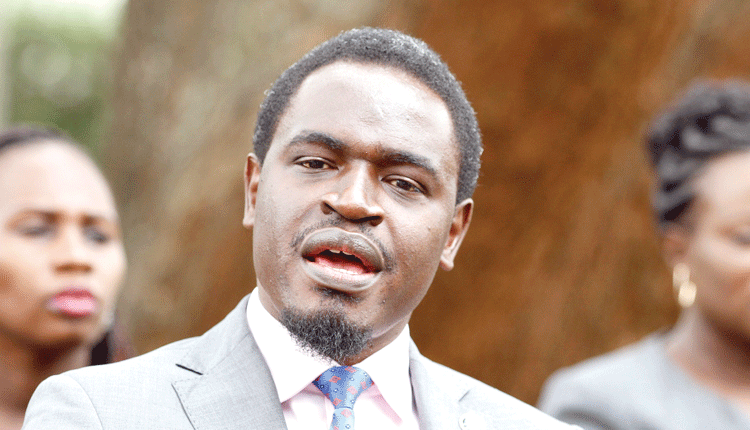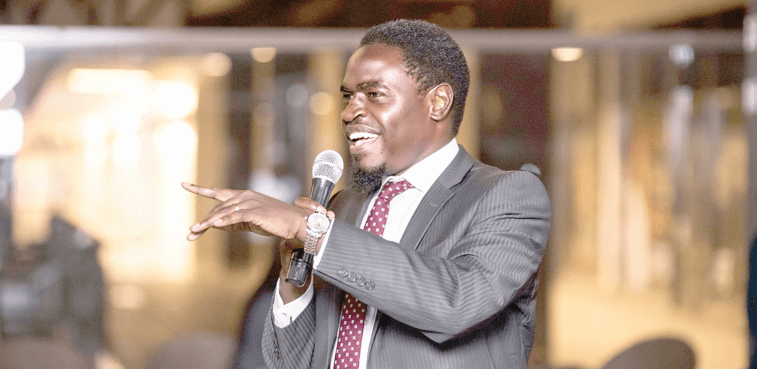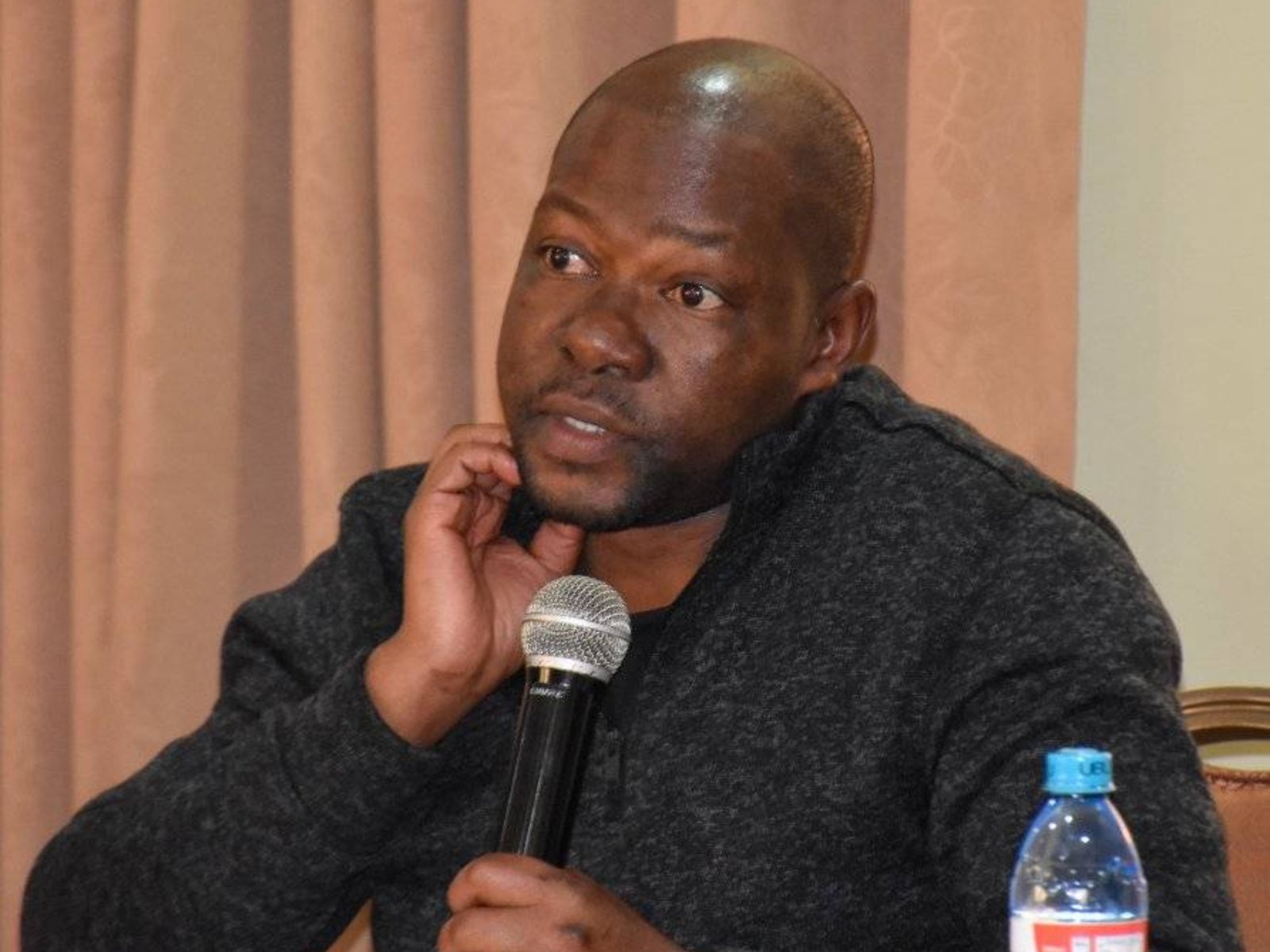LSK must redefine leadership in March polls or perish

A noisy and seemingly rudderless Law Society of Kenya will elect new office bearers on March 17.
The current LSK is a pale shadow of its former self. Indeed, many of its young members, especially those fighting for positions, have no clue about its glorious past.
LSK that many Kenyans remember fondly was one with strong leaders, who overwhelmingly carried the legal fraternity with them in aggressively pushing for public agenda.
In fact, LSK is not just a lawyers’ platform. It is a body that has consistently been at the forefront of the battle for political and economic emancipation. Whether this was the battle against single party rule and its excesses or for a new Constitution or representing those the State deemed renegade, LSK leaders stepped up to lead Kenya.
Brave chairs and their councils have risked life and limb to fight for the country since independence.
Today, the LSK seems to be careening from one leadership crisis to the next, with no end in sight. In recent years, its voice has faded. A series of eminently forgettable chairs simply passed through and slipped back into obscurity.
What LSK is now very well known for is the perpetual wrangles and near-physical altercations.
It has been a great shame that this institution, previously widely respected by all and seen as a shining example of good governance, has been rocked by all manner of controversy about financial impropriety. The situation has deteriorated so badly the financial management of LSK is now being undertaken by bewildered courts!
What LSK needs is a leader who will articulate a coherent, relevant and contemporary issue affecting Kenyans, and mobilise its members around it by getting a proper mandate through the elections.
So far, none of the candidates seem to fit this bill. Beyond declarations of vying, none has articulated a vision capable of capturing the imagination of Kenyans.
It’s difficult to understand why. Critical issues affecting Kenyans are all over, if only they can care to look.
In the vicious legal battles, LSK has been a Tower of Babel, pulling in all directions. Members of the council have been issuing contradictory statements on same matter, grounding its operations. And neither of the parties is apologetic or ready for reconciliation.
LSK’s new president must be a mobiliser and reconciler. He must work to restore the confidence of members in the society. This will mean the institution must resolve to address problems through reconciliation and mediation rather than high-octane media posturing and court cases.
The controversy over construction of the LSK International Arbitration Centre that was so toxic to LSK must in future be avoided, otherwise it will remain a bitterly divided house.
Of course, there are those agents of reactionary forces who would not like to see LSK restored to its old pre-eminence. They must be gleefully toasting to champagne at the disarray, if not adding fuel to the fire.
It is up to the members to safeguard their institution.
Kenya is littered with bodies of professionals who have completely eschewed public engagement, and see no evil, hear no evil, and speak no evil. Some are in very critical professional spaces. They have failed badly.
LSK knows what it means to be a critical institution assisting a country keep to the faith, and push for the important changes a country must periodically make to move forward. However, where it is headed now, it is soon going to be like those professional bodies that have decided to remain comatose, and ignore all the challenges facing the country.
That is the fate that awaits the LSK. It now has a choice to make in these elections—renew itself, or perish.
— gathukara@gmail.com












